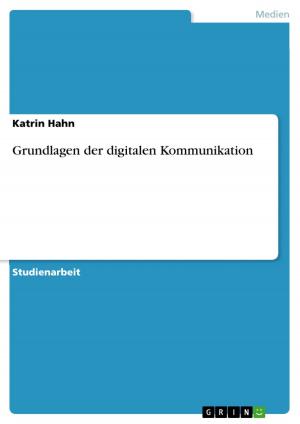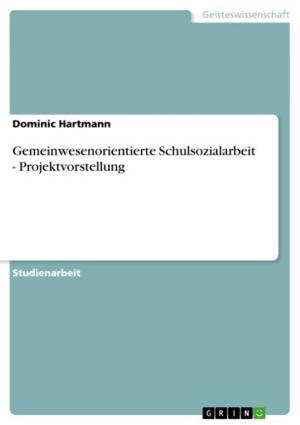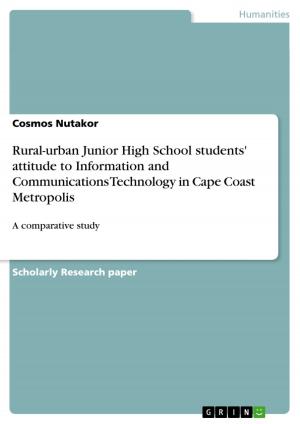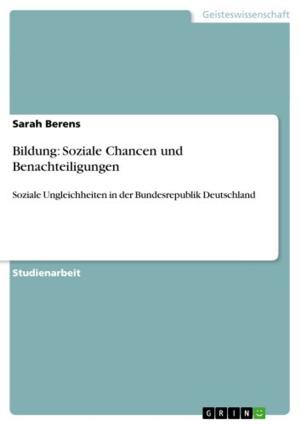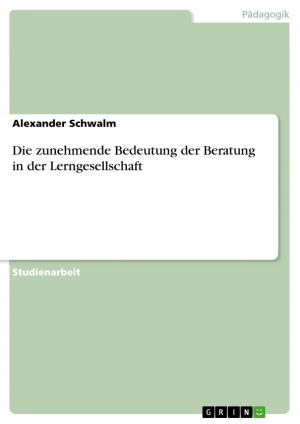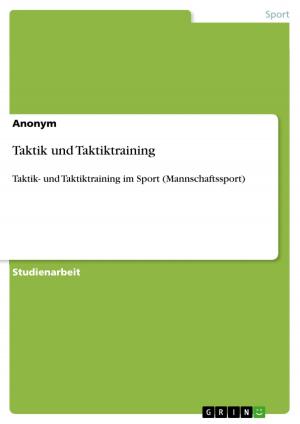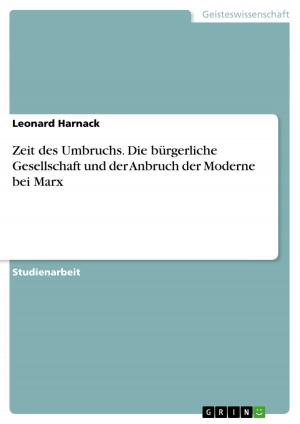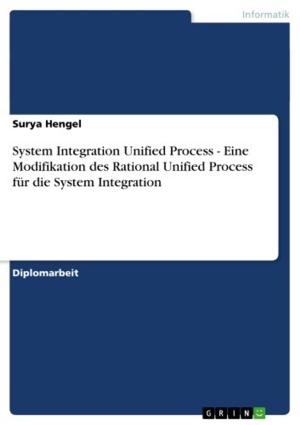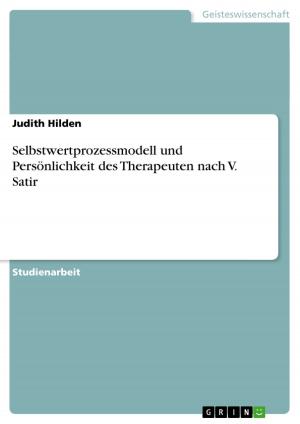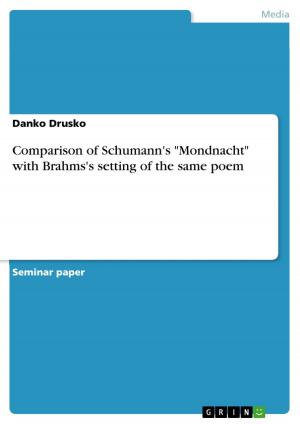Llewellyn's law job theory and the challenge of the current ban on prisoners' voting. Should prisoners in the United Kingdom be granted the right to vote?
Nonfiction, Reference & Language, Law, Criminal Procedure| Author: | M. T. | ISBN: | 9783656986164 |
| Publisher: | GRIN Verlag | Publication: | July 28, 2016 |
| Imprint: | GRIN Verlag | Language: | English |
| Author: | M. T. |
| ISBN: | 9783656986164 |
| Publisher: | GRIN Verlag |
| Publication: | July 28, 2016 |
| Imprint: | GRIN Verlag |
| Language: | English |
Essay from the year 2016 in the subject Law - Criminal process, Criminology, Law Enforcement, grade: 68%, 11 Punkte, , language: English, abstract: The aim of this essay is to work out and comment upon the treatment of prisoner voting rights by different instruments and the respective authorities on the basis of the parliamentary briefing paper dated from 11 February 2015 with particular consideration of the implementation of Llewellyn's law jobs. First, this essay will present Llewellyn's law job theory, then it will outline general provisions relating to voting rights. In the next section, the ECtHR's and the UK government's point of view on this debate will be critically examined, followed by an evaluation referring to the operation of the law jobs, especially emphasizing tensions regarding the resolution of trouble cases and the guiding of people's conduct. Should prisoners in the United Kingdom be granted the right to vote? Several cases - Hirst v The United Kingdom (No 2) probably being the most popular example, where the convicted sought to challenge the current ban on prisoners' voting - raised this issue in the recent years. A highly controversial debate was thereby initiated, especially against the backdrop of frequently arising tensions between the UK and the European Court of Human Rights (ECtHR) as to the nature and extent of how some substantive rights operate. Since the Human Rights Act 1998 incorporates the rights contained in the European Convention on Human Rights (ECHR) into the law of the UK, the national courts are generally obliged to interpret national law in a manner compatible with the ECHR and to consider the decisions of the ECtHR .
Essay from the year 2016 in the subject Law - Criminal process, Criminology, Law Enforcement, grade: 68%, 11 Punkte, , language: English, abstract: The aim of this essay is to work out and comment upon the treatment of prisoner voting rights by different instruments and the respective authorities on the basis of the parliamentary briefing paper dated from 11 February 2015 with particular consideration of the implementation of Llewellyn's law jobs. First, this essay will present Llewellyn's law job theory, then it will outline general provisions relating to voting rights. In the next section, the ECtHR's and the UK government's point of view on this debate will be critically examined, followed by an evaluation referring to the operation of the law jobs, especially emphasizing tensions regarding the resolution of trouble cases and the guiding of people's conduct. Should prisoners in the United Kingdom be granted the right to vote? Several cases - Hirst v The United Kingdom (No 2) probably being the most popular example, where the convicted sought to challenge the current ban on prisoners' voting - raised this issue in the recent years. A highly controversial debate was thereby initiated, especially against the backdrop of frequently arising tensions between the UK and the European Court of Human Rights (ECtHR) as to the nature and extent of how some substantive rights operate. Since the Human Rights Act 1998 incorporates the rights contained in the European Convention on Human Rights (ECHR) into the law of the UK, the national courts are generally obliged to interpret national law in a manner compatible with the ECHR and to consider the decisions of the ECtHR .

